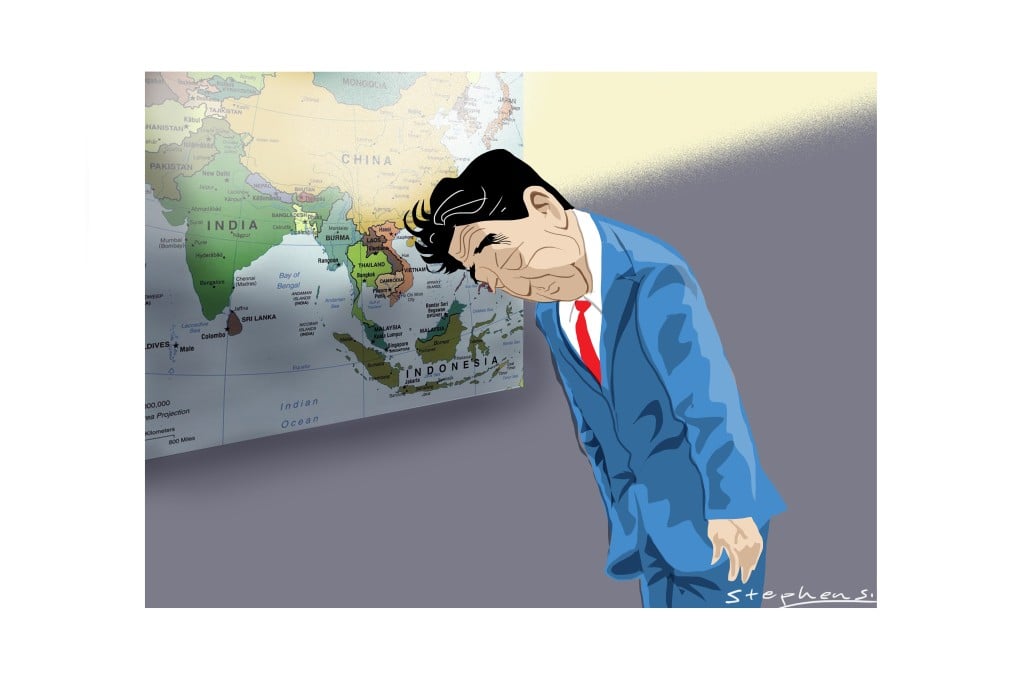The real value of a Japanese apology
Simon Tay says Japan should accede to its neighbours' wish for an apology for its wartime conduct not for reasons of closure, but to enable Asia to move towards a brighter future

There are many reasons to admire modern-day Japan. There are also more than a few reasons to wish the country's prime minister, Shinzo Abe, well. His efforts to resuscitate the economy with Abenomics has not yet hit the target, but Japan is more confident today than it has been for too long.
Now Abe has made history with his speech to the special joint session of the US Congress - the first Japanese prime minister to have the honour. He expressed remorse for the second world war and touched on issues sensitive to Americans, including Pearl Harbour, while emphasising his commitment to strengthen their alliance. His emphasis on the common values shared by the two countries - "the rule of law, democracy, and freedom" - went down well with most Americans.
But not with some in Asia. While Abe expressed "remorse", China and South Korea have quickly and strongly criticised the refusal to acknowledge and directly apologise for the atrocities committed by the Japanese during the war.
In truth, what was said was better than some feared. Not long before speaking in the US, Abe sent a ritual offering to the controversial Yasukuni Shrine, while over 100 members of the Diet also visited in person. There have been bouts of "Abenesia" that have downplayed Japan's second world war atrocities that characterise the conservative, right-wing thinking that many believe reflect the current leaning.
There was even some talk that he would retreat from the 1995 stance by then prime minister Tomiichi Murayama. In this context, there is relief that the prime minister did not. But just maintaining that position may not be enough.
This year will witness many second world war anniversaries - including China's military parade. Others will put forward their own and very different versions of history, to which Japan will need to respond.